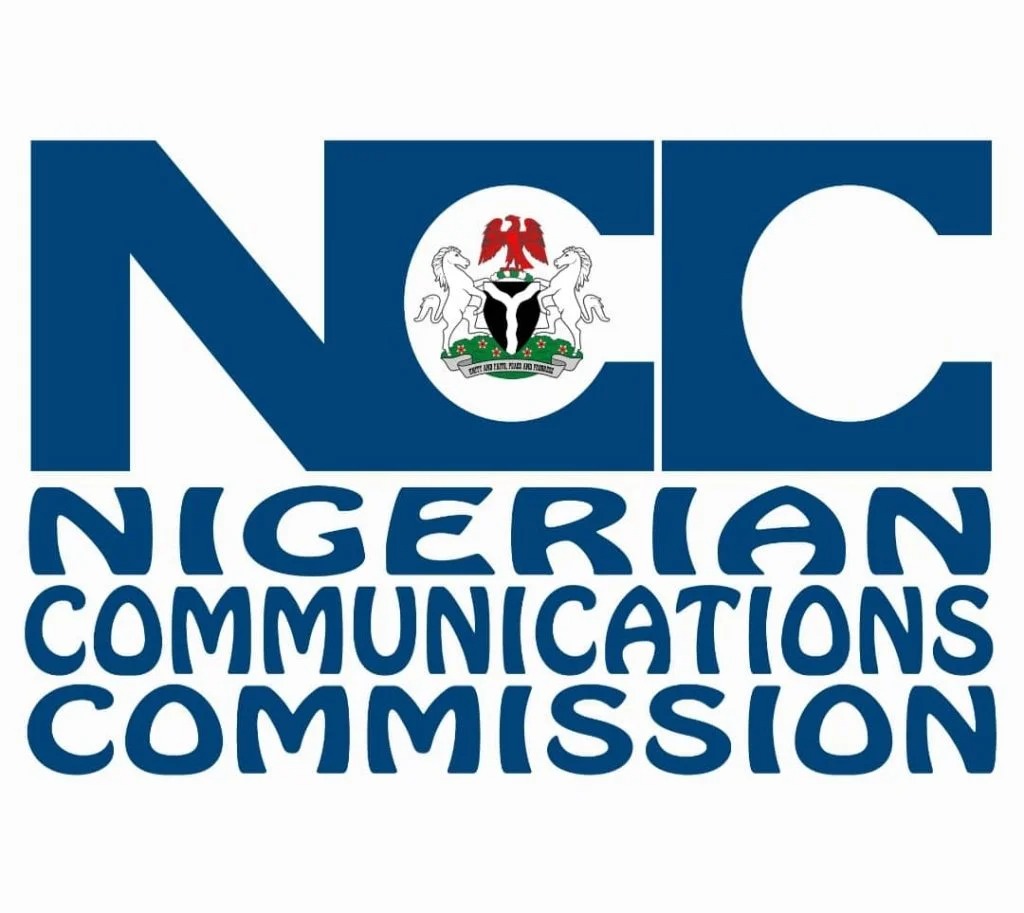
The Nigerian Communications Commission has proposed that the time taken to block the Subscribers Identity Module of a reported stolen phone should be reduced from 30 minutes to five minutes.
This was disclosed during the three-day public inquiries of six regulatory instruments at the commission in Abuja.
While presenting the Draft Quality of Service Business Rules, the Deputy Director, Technical Standards and Networks Integrity Department, Edoyemi Ogoh, noted that this amendment was being made.
He said according to the proposed amendment, once a phone was reported and confirmed stolen, the service provider would be required to block such a line within five minutes.
He said, “For Section1.3H, this subsection basically, we are talking about the request for blocking of reported stolen phones. We are looking at once it is reported and confirmed stolen to basically reduce the timeline from 30 minutes to five minutes.”
He said the reason for the amendment of the entire regulation was to catch up with the changes in the technological space, and stay up to date with that was happening in the industry.
According to him, the essence was to ensure that subscribers got value for their money.
In his opening remark, the NCC’s Executive Vice Chairman, Prof Umar Danbatta, noted that the communications sector was critical for innovation and advancement in technology.
He added that the regulatory instruments reviewed during the public inquiry were essential to ensuring that the communications sector met the demands of the dynamic digital age.
Danbatta said, “The communications sector is at the forefront of innovation and advancements in technology geared towards driving economic growth and societal development. It affords seamless communication, fosters connectivity and thereby creates an enabling environment to thrive in an increasingly interconnected world.
“However, with the laudable advancements in the sector comes great responsibility on the part of government to ensure that there exists an enabling environment for the industry to thrive, through the introduction/amendment of key regulatory instruments.
“The regulatory instruments being considered during the course of this public inquiry are vital to ensuring that the communications sector meets the demands of the ever-evolving digital age.”
Also, the NCC’s Director, Legal & Regulatory Services, Ms Helen Obi, said the amendment of the Quality of Service Regulations intended to introduce stricter performance standards, more robust monitoring mechanisms, and more transparent reporting systems that would improve the overall customer experience.
She added that the changes would also drive operators to enhance their networks and services through efficient deployment and network optimisation processes.





